Abortion rights activists vow to continue decadeslong Roe v. Wade fight: 'They're not going to win'
Abortion rights activists are shocked that their 50-year efforts could fall.
Heather Booth was just 18 years old when she joined the civil rights movement. A member of the Student Nonviolent Coordinating Committee (SNCC), decades later, Booth now says she knew early on that "sometimes you have to stand up to illegitimate authority."
For many activists, the civil rights movement spawned other demonstrations like the women's movement, of which many were organizing on different fronts for liberations such as pay equity, child care and reproductive rights.
"You have to get a sense of that time period," Fran Beal told ABC News. As an early college student, Beal was a founding member of the SNCC Black Women's Liberation Committee, which would later be recognized as the Third World Women's Alliance. Beal says reproductive rights became a personal priority after hearing her close friend Cordelia died from a back-alley abortion in November 1958.
Later on, Beal would have her own near-death experience after receiving an illegal abortion in the late 1950s. "I ended up on a woman's kitchen table and later in the hospital because I had started to bleed so badly. If I hadn't gone to the hospital, I would have died," Beal said.
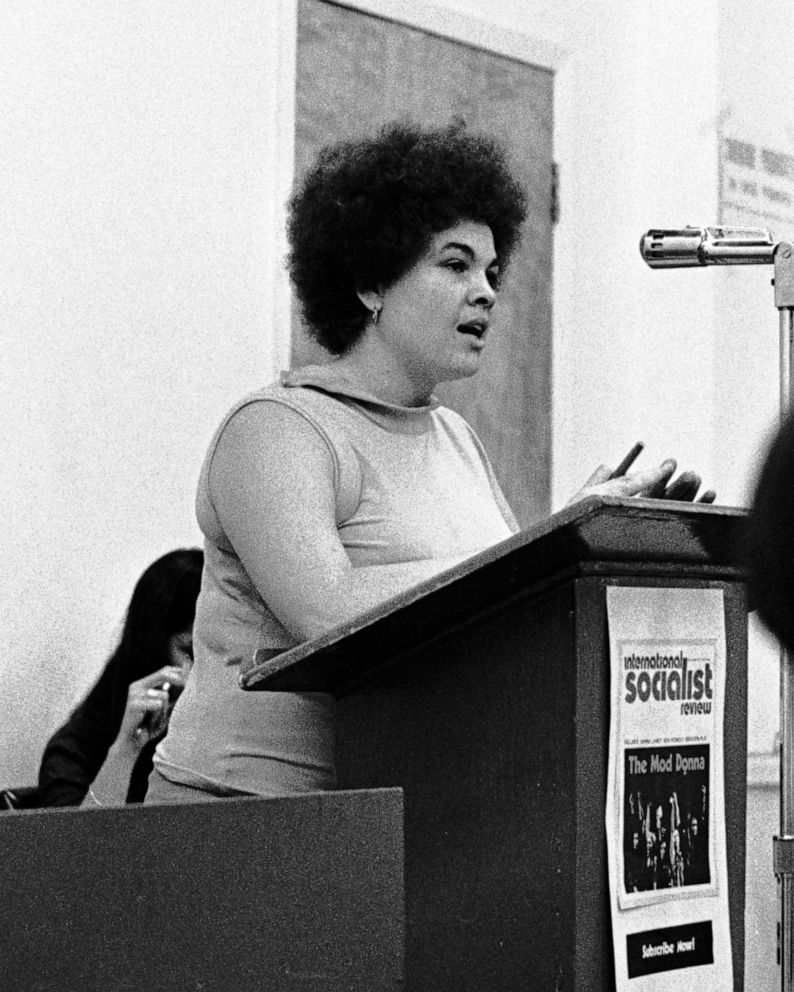
As an organizer, activist and author, Beal later published "Double Jeopardy: To Be Black and Female," exploring the misconceptions of Black women in the U.S. during the 1960s and '70s, fearing that poor women of color were bearing the brunt of illegal abortions in America.
"We didn't talk about sexual things during that time," Beal said.
"Speaking about abortion with three or more people was a conspiracy to commit a felony," Booth added.
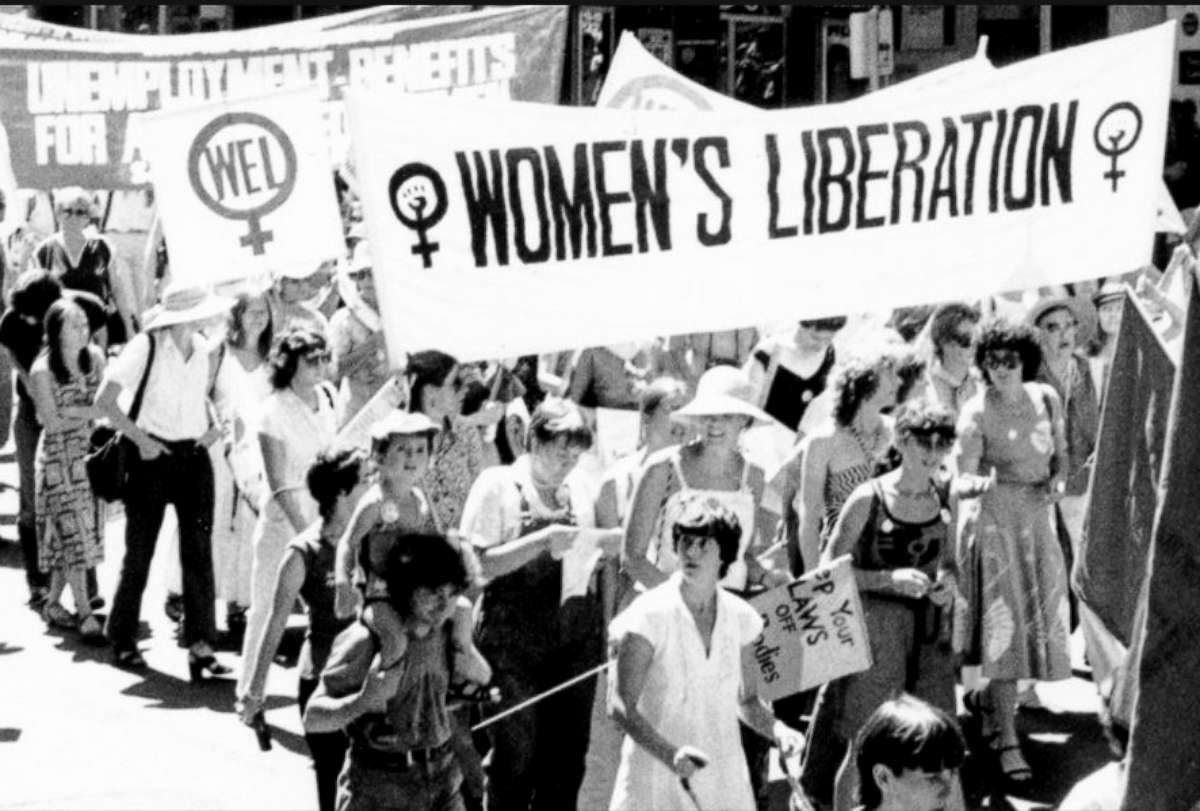
As a Chicago college student, Booth found herself assisting a friend's sister in getting an illegal abortion. After soon learning the process, Booth founded Jane Collective, an underground abortion service. At least 100 women counseled and later performed safe underground abortions to nearly 11,000 women before the Roe v. Wade decision in 1973.
"It wasn't legal then. We need to keep this safe, legal and accessible for all," Booth said.
Now, nearly 50 years later, after the Supreme Court decided on Friday to overturn the landmark Roe v. Wade case that made abortion a constitutional right, former activists such as Beal, now 82, and Booth, now 76, say by using their progress as the blueprint, the fight is up to the next generation.
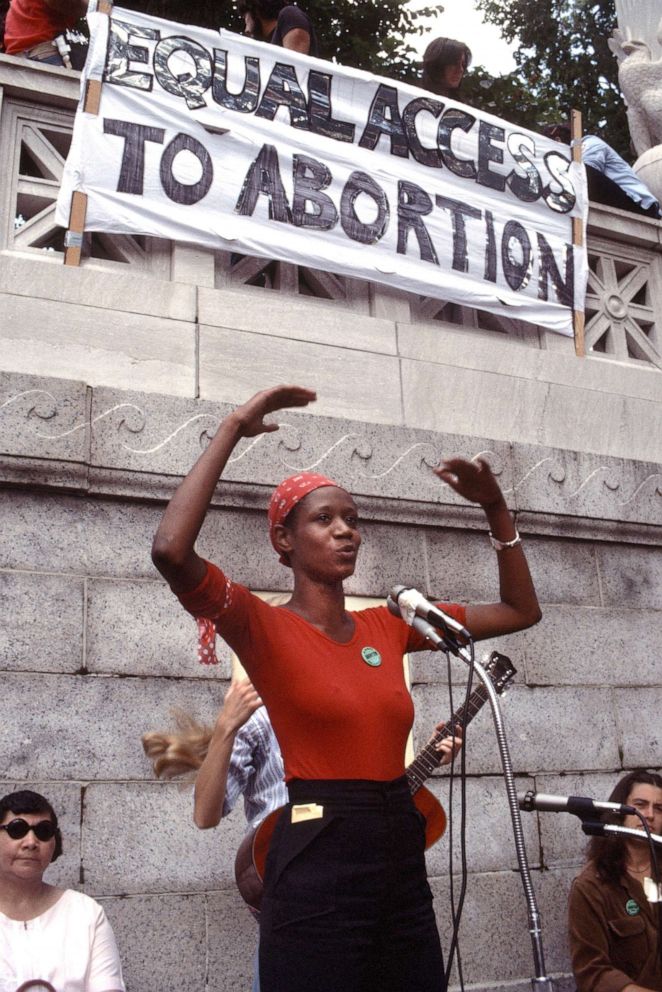
"We have women who have not known the right to have an abortion as a part of a reproductive rights agenda," Beal said.
Birmingham, Alabama, native Diane Derzis shared that she, too, underwent an abortion procedure. "I thank God every day, I was able to do so safely. And that's what started me on this journey," Derzis told ABC News. "I was able to do what I knew was right for me, and there's never been a moment of regret."
Derzis owns and operates abortion clinics across the South, including Jackson Women's Health Clinic -- the lone abortion clinic in Mississippi. The clinic is also at the epicenter of the Supreme Court case Dobbs v. Jackson Women's Health, which could potentially overturn Roe.
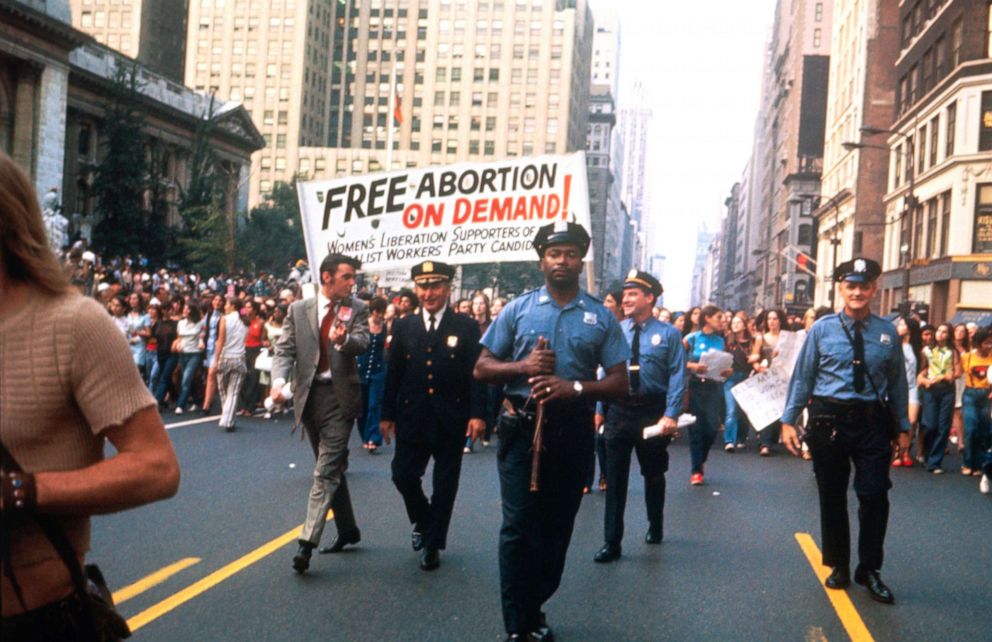
Following the Roe v. Wade decision, which allowed safe and legal access to abortion across all states, Derzis said she's faced threats over the past 40 years for "following her journey," including in 1998, when she received an alarming call and learned that her first clinic in Birmingham had been bombed.
"It's been extremely depressing, but that's also been part of the fight. And that's what's made us strong and made these clinics last as long as they have," she said.
But Derzis has vowed not to be pushed out. While she prepares to close Jackson Women's Health Organization, Derzis said she is working to open clinics in new areas such as New Mexico.
"They're not going to win. After all these years of fighting, we'll continue to keep fighting."
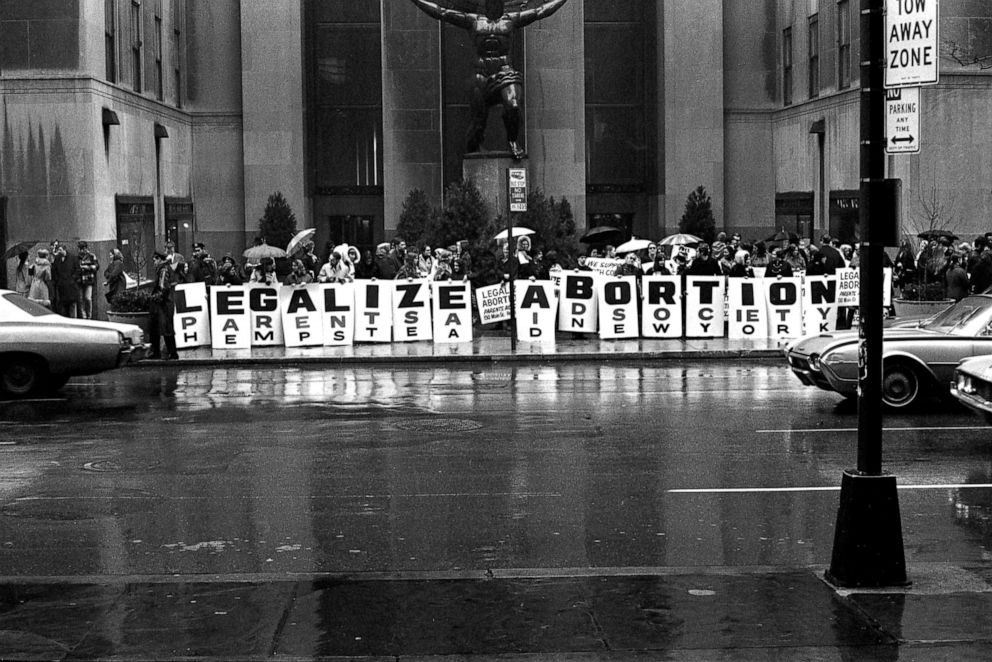
"For 50 years now, women have had this right; make space to take up the struggle," Beal added. "If you don't take up the struggle, you're leaving it for other generations to take up."




